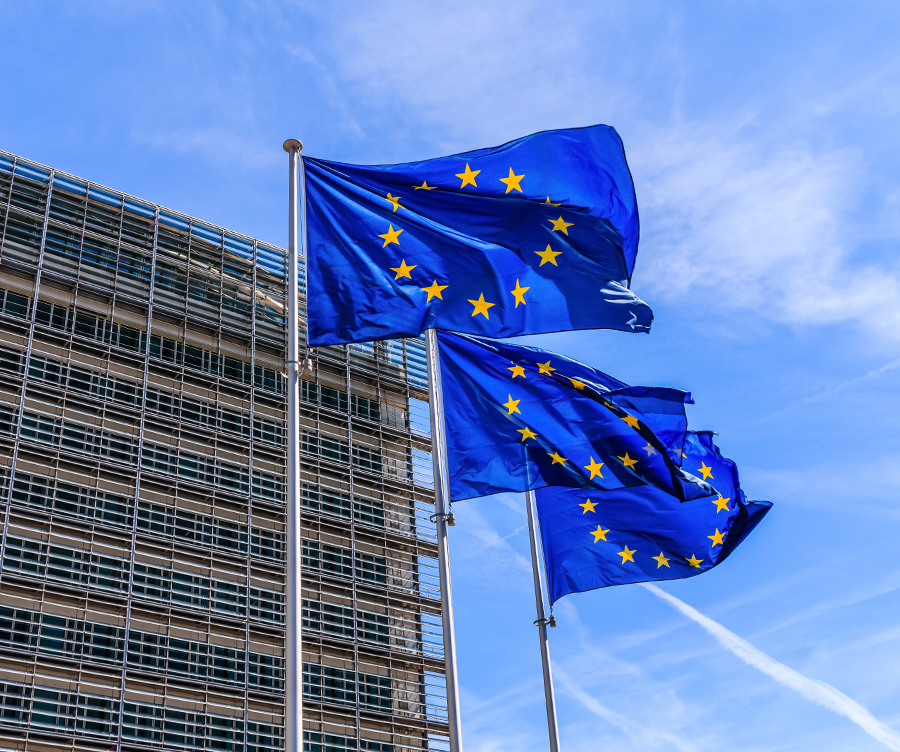The Council of the European Union has agreed to exclude banks and investment funds from a directive intended to eliminate human rights and environmental abuses in supply chains, but financial service providers will need to wait until next year for the final version of the law.
The proposed corporate sustainability due diligence directive would apply to companies with more than 500 employees and €150mn in net global turnover and require them to identify and mitigate abuses such as forced labour and pollution.
In the current draft of the proposal, the decision of whether or not financial service providers are to be included will be left to each member state, but this still needs to be approved by the European Parliament.
“While it represents a step forward in the EU legislative process, they still have to go through the trilogues with the European Parliament. Nothing in the draft is therefore final, and there is room for movement, especially in relation to the more controversial elements of the proposal,” James Marlow, a member of law firm Linklaters’ global environmental, social, and governance (ESG) practice, tells GTR.
“In terms of the EU Parliament, I think the latest is that they won’t have decided their internal position until the end of March next year,” he says, adding that a final position might not be reached until the end of 2023.
The directive is intended to boost progress towards the European Green Deal and the United Nations Sustainable Development Goals, as well as to harmonise legislation adopted by some member states across the whole of the EU.
An earlier version of the directive prompted criticism that due diligence would only have to be carried out before financial services were provided, rather than throughout the working relationship.
“The draft shared in consultation was problematic enough – for example, only requiring banks to conduct checks before bringing on new clients rather than through the lifetime of a relationship,” Ryan Brightwell, director of research and communications at NGO BankTrack, tells GTR. “This already undercut existing UN standards.”
Guillaume Croisant, a Brussels-based member of Linklaters’ ESG practice, says the directive is intended to implement proportionate obligations. “There is a trade-off and a balance to be made between imposing far-reaching obligations on businesses, to fight effectively the environmental and human rights adverse impacts of their value chain, while ensuring that these obligations remain achievable and proportionate to the businesses’ size and activities,” he says.
Marlow adds that this kind of due diligence remains relatively new for financial service providers and that the breadth of financial services included – such as direct lending, insurance, reinsurance and investment – means that institutions might not have “access to the underlying issuer or entity in question that is involved, meaning that diligence can be more difficult”.
In Brightwell’s view, the directive is heading in an “increasingly alarming” direction. “For the EU to set out a law that makes these checks optional for banks would make absolutely no sense; it would be unclear for the industry, create risks for investors, and of course leave the victims of human rights abuses caused by bank-financed projects high and dry,” he says.
Marlow points out that the ideas underlying the proposed directive are not new. “The UN Guiding Principles on Business and Human Rights are intended for businesses in general. Subsequent guidance has made clear that that does include financial institutions, and it includes all sorts of business relationships, including the more complex ones that financial institutions have,” he says.
Also excluded from the proposal is the obligation of financial service providers to suspend or terminate a business relationship “where none of the appropriate measures taken to address the adverse impact have been successful”. Instead, firms will have to monitor potential abuses “while pursuing efforts to address the adverse impact”.
Croisant adds that there will also be a delay before the law is adopted in whatever form it takes, with the Council suggesting a phased approach where the rules apply only to companies with more than 1,000 employees and €300mn in global turnover for the first three years.







